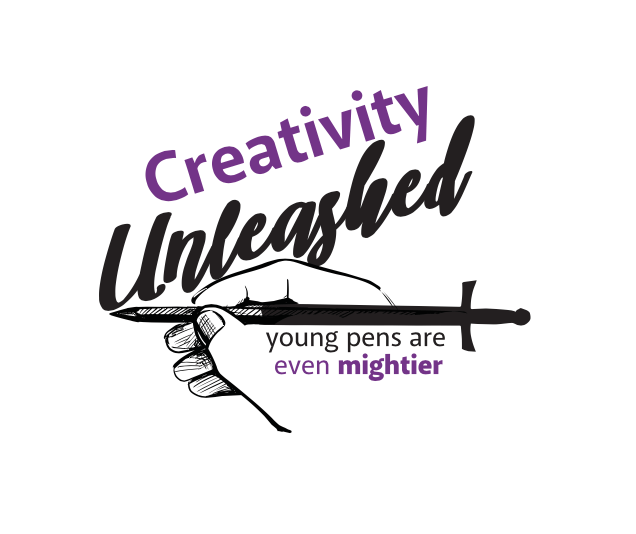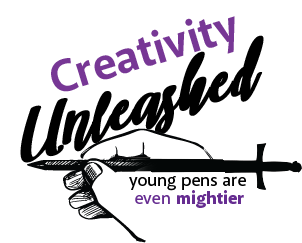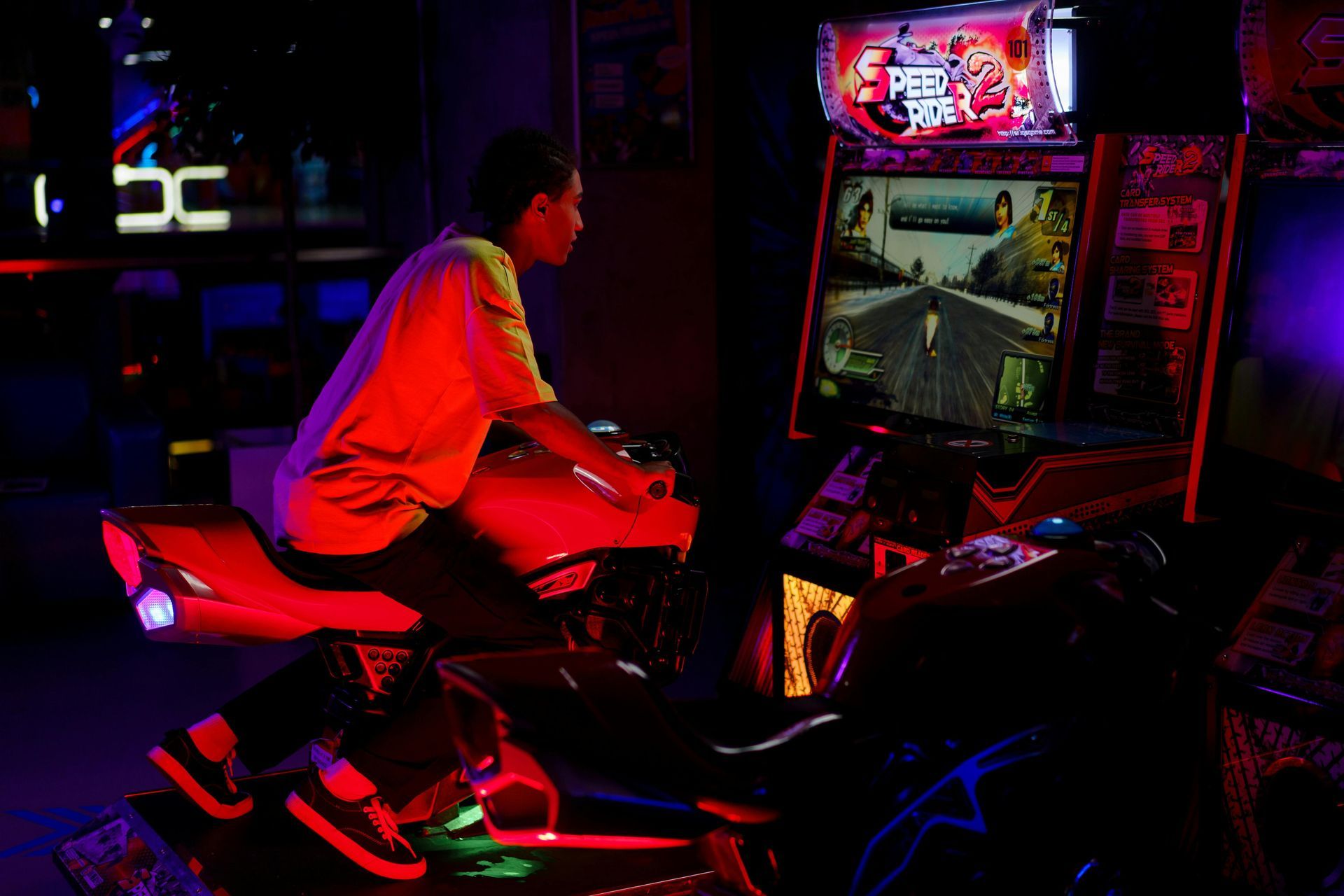Synesthesia
Is Synesthesia Our Underdeveloped Sixth Sense?
Abeer Khalil
Have you ever tasted purple? Have you ever thought about a word and felt an overwhelming connection between your senses? If so, then you might have synesthesia. No need to sweat, it isn't a medical condition, nor will it endanger your life. You just have a neurological anomaly.
Synesthesia
For those who don't know, synesthesia is when the stimulation of one sense leads to the stimulation of one or several others. For some, that may manifest itself as grapheme-colour synesthesia, where numbers and letters intertwine themselves with fixed colours. Or perhaps ordinal-linguistic personification (OLP), where letters have a personality and a gender. Those were only a couple examples; there are over 80 different types of synesthesia. So the next question is: are you just born with it? Probably.
Colours - Sign me up!
Synesthesia is considered hereditary, with over 40% of synesthetes reporting that another family member also experiences it, but some studies have shown that trauma to the head can also lead to people developing synesthesia.
Do I have it?
I personally think 8 tastes velvety, but does that mean I have synesthesia? Well, if you were wondering that too, then lucky, for you there is a criteria. Neurologist Richard Cytowic found that your experiences have to be involuntary, automatic and consistent. In other words, you shouldn't have to think about it, nor should green taste like grass one day and lemon the other.
Synapses and Neurons
A theory to how synesthesia has come to be is synaptic pruning. Synaptic pruning sounds similar to pruning plants because it is the exact same concept. During ages 2-10, we get rid of ~40% of synapses that have proved unworthy to allow the brain to become more efficient and healthy. In other words: ‘use it or lose it’ .This is a totally normal process, so how could it lead to a long-term condition? Well, synaptic pruning is connected to many conditions, one being autism, which can be explained by too little synaptic pruning that only ~16% of synapses are rid of. Synesthesia is also too little pruning, and so it can be explained with cross-activity. With clusters of unnecessary neurons being activated at once, leading to the stimulation of more than one sense.
Perception
Neurons aside, do you think synesthesia is real? What if I told you that there is a possibility that we were conditioned from a very young age to believe that ‘A’ is red? Most of us remember learning the alphabet from coloured posters or wooden blocks. Witthoft and Winawer found that 90% of synesthetes with grapheme-colour synesthesia, who had the same fisher price alphabet toy, saw ‘A’ as red and 100% saw ‘C’ as yellow. With such high percentages, surely that provides evidence that synesthesia is learnt. Well, correlation does not mean causation, but it could show that even if we have the genetics to develop it, our childhood experiences can affect the way it manifests.
Deep Dive into Mirror-Touch Synesthesia
You feel a rhythmic sensation on your chest, compressing your ribs, your sternum snapping and cracking. When did you become the patient, you ask yourself, wasn't I the doctor? This is what Joel Salinas experienced when he watched CPR being administered. You might ask yourself why he felt such a thing. That is because he has mirror touch synesthesia, a much rarer condition that mirrors a sensation seen and then allows them to experience emotional and physical touch.
Excess Empathy
So what could possibly cause this? A current theory held by scientists is: mirror neurons. Mirror neurons are a type of motor neuron located in the premotor cortex (within the frontal lobe) of the brain. They are activated when we observe and imitate an action. Another theory is that those people affected simply have more empathy. Studies have shown that synesthetes have heightened mirror systems, and that they have a higher empathy quotient scores, so could that be the answer?
This leads us to the question of whether synesthesia is more than what meets the eye. Do we have the potential to further evolve and utilise such a condition, or even develop it and strengthen our connections? Or could we be entirely wrong in the sense that synesthesia is just a niche skill?



